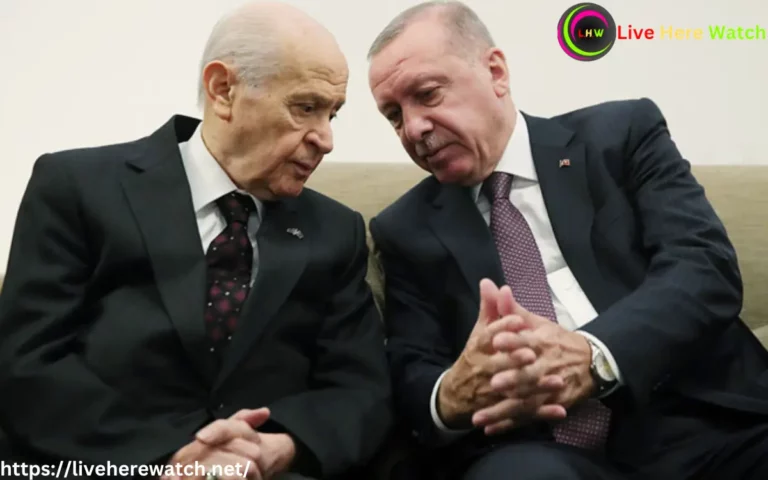In a significant development, the daughter of the late Iraqi dictator Saddam Hussein, Raghad Hussein, has been handed a 7-year jail sentence. This article provides an in-depth analysis of the trial, explores the implications of the verdict, and delves into the historical context of the Hussein dynasty. By shedding light on this high-profile case, we aim to offer insights into the legal proceedings, examine the impact on Iraq’s political landscape, and assess the implications for the broader region.
The Trial: Examining the Legal Proceedings
Understanding the trial and its proceedings is vital in comprehending the legal ramifications and the context in which the jail sentence was handed down:
- Charges and Evidence: A comprehensive review of the charges brought against Raghad Hussein, along with the evidence presented during the trial, provides a framework for understanding the basis of her conviction and subsequent sentencing.
- Fairness and Controversies: The fairness of the trial and any controversies surrounding it are crucial aspects to consider in assessing the validity and legitimacy of the ruling. Analyzing these factors allows for a more comprehensive understanding of the trial’s impact.
Historical Context: The Hussein Dynasty
To fully appreciate the significance of Raghad Hussein’s jail sentence, an examination of the Hussein dynasty’s history is imperative:
- Saddam Hussein’s Leadership: Exploring the reign of Saddam Hussein sheds light on the authoritarian nature of his regime, his policies, and the consequences of his actions during his time as Iraqi president.
- Impact on Iraq and the Region: The Hussein regime’s legacy encompassed not only internal policies but also regional dynamics in the Middle East. Assessing the repercussions of his rule adds depth to understanding the significance of Raghad’s jail sentence within the context of Iraq and the broader region.
Implications for Iraq’s Political Landscape
Raghad Hussein’s jail sentence carries implications for Iraq’s political landscape, both domestically and internationally:
- Political Symbolism: The verdict resonates as a symbolic blow to the lingering influence of the Hussein dynasty and signifies Iraq’s efforts to reckon with its authoritarian past. It underscores the country’s commitment to justice and its aspirations for a more democratic and accountable future.
- Polarization and Reconciliation: The ruling has the potential to deepen existing political divisions and exacerbate sectarian tensions within Iraq. At the same time, it may also serve as a catalyst for national reconciliation efforts and the healing of wounds inflicted during Saddam Hussein’s rule.
- Regional and International Relations: The decision may have implications for Iraq’s relationships with neighboring countries and international actors. It may shape perceptions of Iraq’s commitment to justice, the rule of law, and its position within the global community.
Conclusion
The 7-year jail sentence handed down to Raghad Hussein, daughter of former Iraqi dictator Saddam Hussein, marks a significant chapter in the ongoing process of reckoning with Iraq’s authoritarian past. The trial’s legal proceedings, along with the historical context of the Hussein dynasty, provide crucial insights into the implications of this verdict. As Iraq navigates its political landscape, the verdict’s impact on political symbolism, polarization, national reconciliation, and diplomatic relations must be carefully monitored. Ultimately, Iraq’s ability to address the legacies of its past and foster a more inclusive and stable future will rely on its commitment to justice, accountability, and the rule of law.























+ There are no comments
Add yours